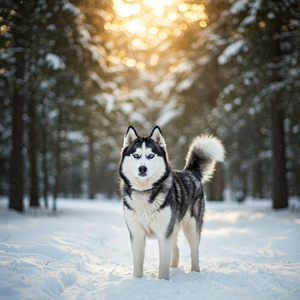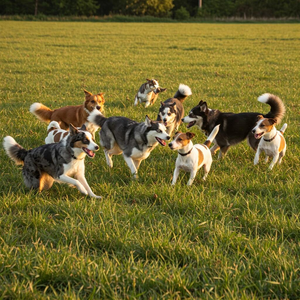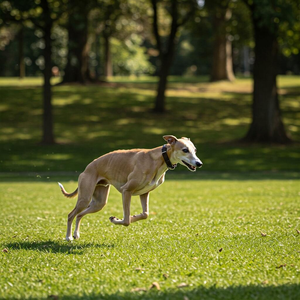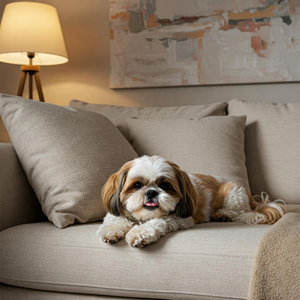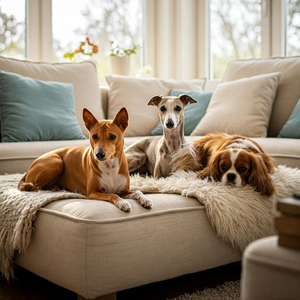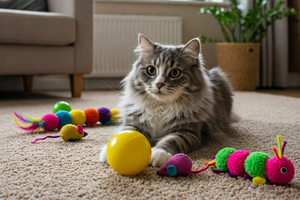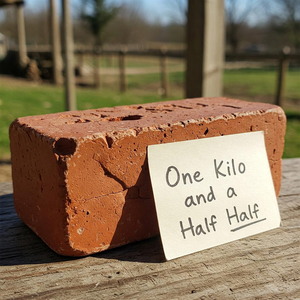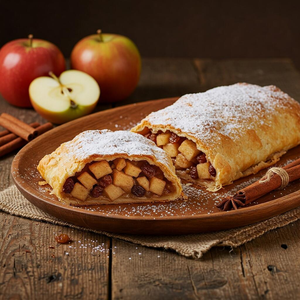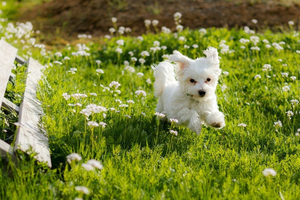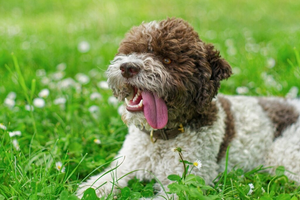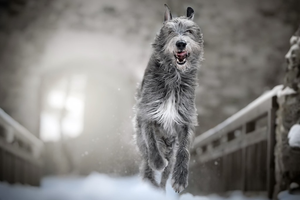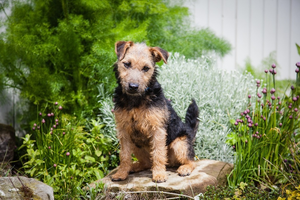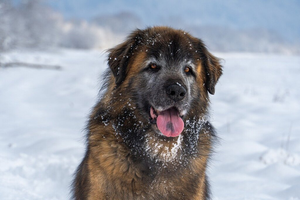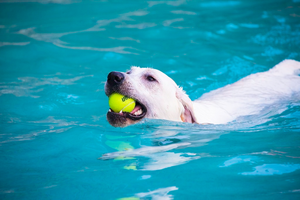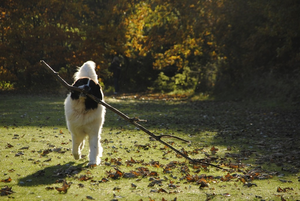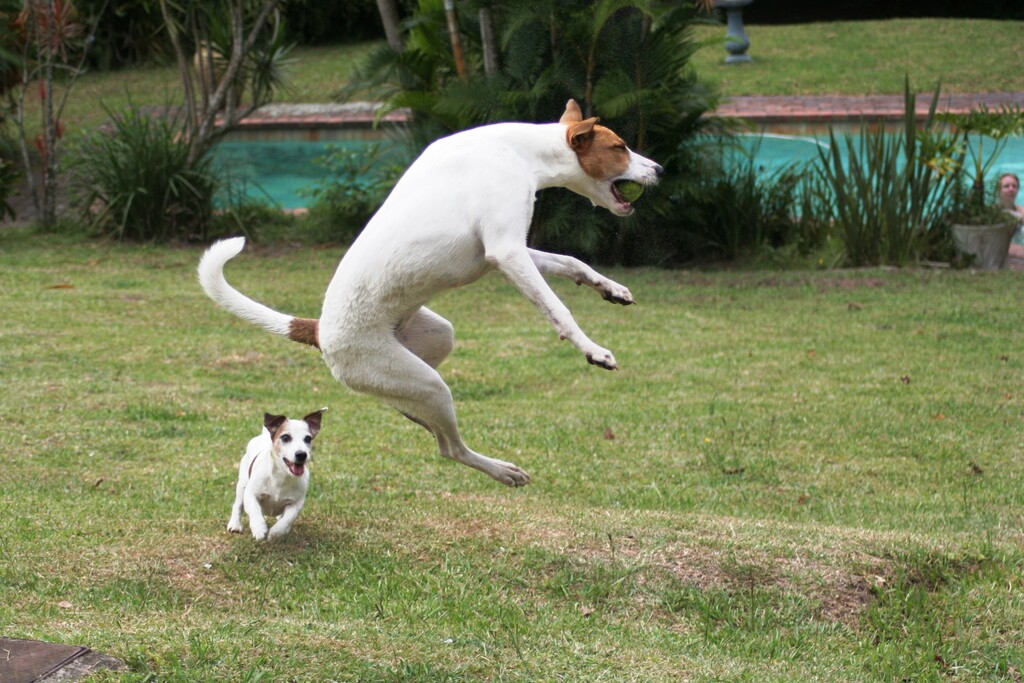
Celebrating the Distinct Africanis Dog Breed
Africanis are hardy dogs native to southern Africa. The name comes from the contraction of two words meaning precisely dog of Africa. However, it also has many other names in the native language. Some used to associate them with pariah dogs, which we will discuss in another article, but they are currently protected and recognised by a national body the Kennel Union of South Africa.
Africanis history
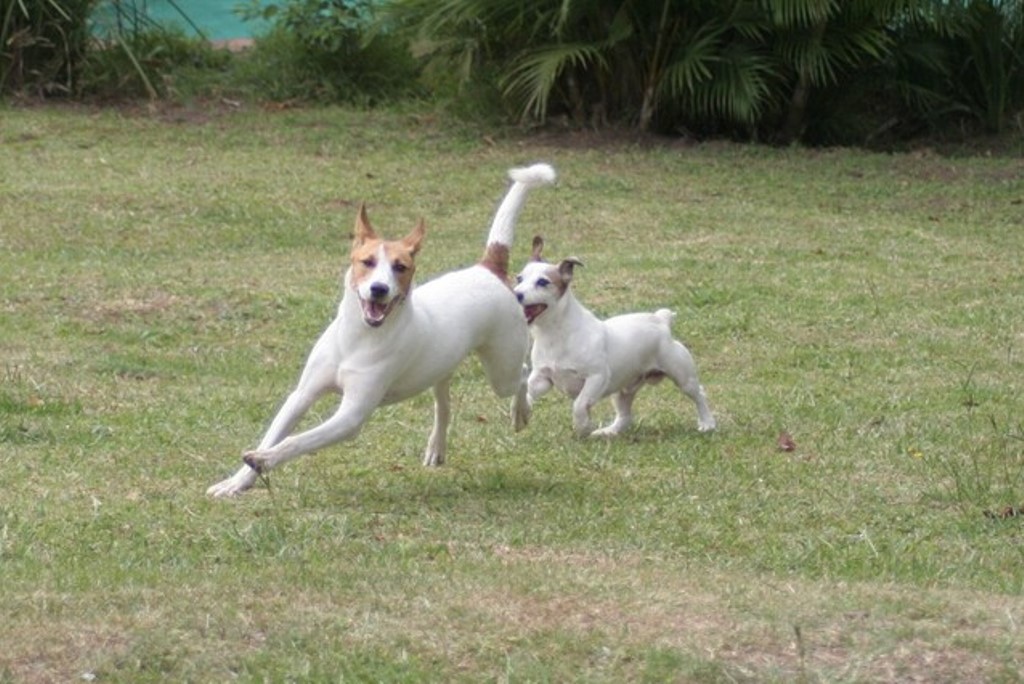
In all likelihood this dog evolved like all from wolves. There are historical finds and evidence such as travel diaries of famous settlers like Vasco de Gama that would be associated with the physical structure of this canine.
However, it can be said that the first to scientifically observe that there were such similarities between the specimens that they became a breed were the researchers Johan Gallant and Joseph Sithole. The latter could not help but notice that some dogs owned by local natives had very similar physical characteristics and behaviour.
As this is believed to be a breed that evolved spontaneously, i.e. without scientific and selective management by man, there are several variants of the breed that have evolved specifically according to specific regions in southern Africa. Because of this, the International Dog Federation does not recognise it as a breed.
Behaviour Africanis
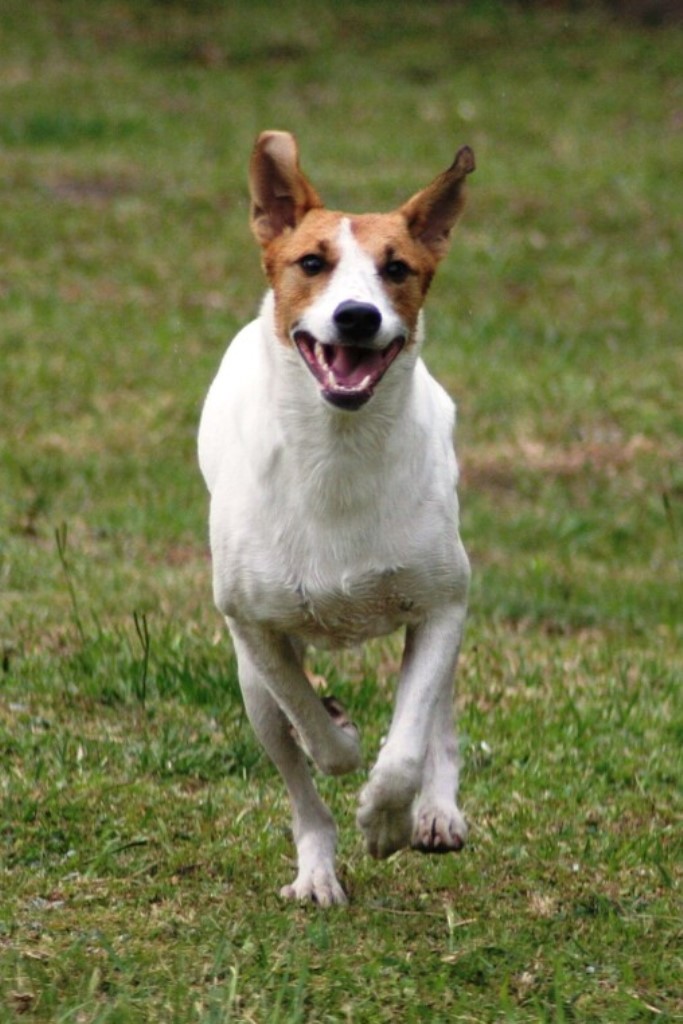
The character can vary greatly from dog to dog, another reason why this is not an internationally recognised breed. Be that as it may, it was a highly valued animal especially in the past because it played an active role in the life of the local population. Since it is a dog of wild origins, it is generally particularly opportunistic, intelligent and stubborn.
Children and Africanis
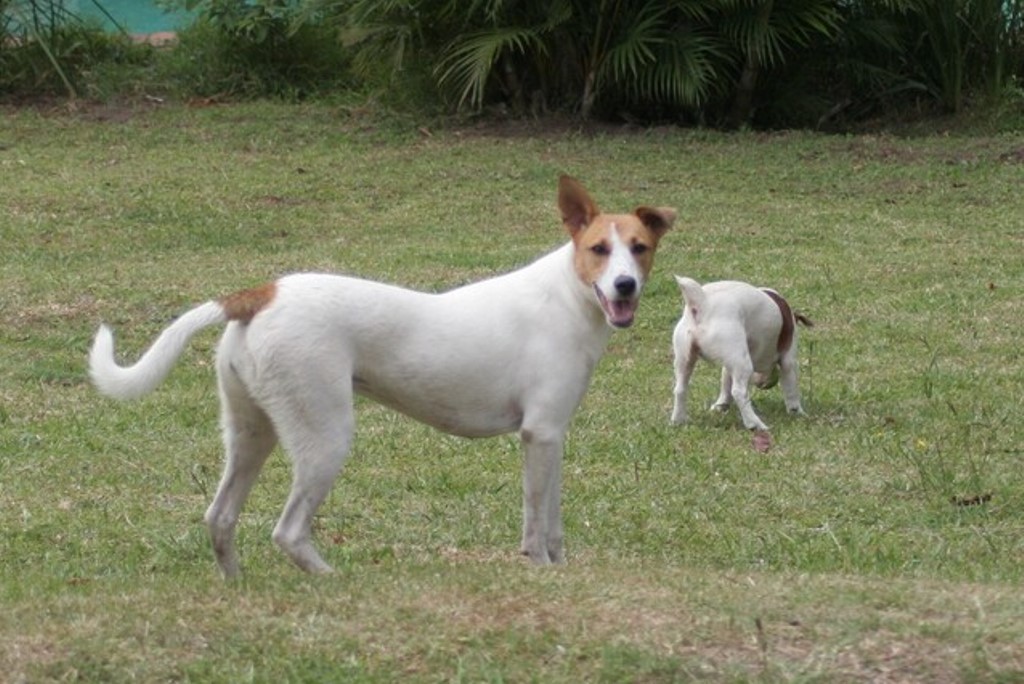
It is certainly not the ideal dog for children and should be kept very much under control. It must also be said, however, that normally, in the areas where it has evolved, it is very difficult for there to be a child because the families are much larger. Moreover, in those places, dogs are not treated particularly well and children are much more accustomed to physical contact between peers and inter-species.
To give an explanatory example, in an already modern and developed society, a boy who is chased by a dog will probably be very afraid, even if the dog chases him for fun.
But in areas where this breed has evolved, it is not at all uncommon for the boy to pluck up courage, grab a stick and chase the dog to defend himself. The writer has witnessed this scene. It cannot therefore be said that this is a dog suitable for families softened by welfare and modernity.
Africanis predispositions
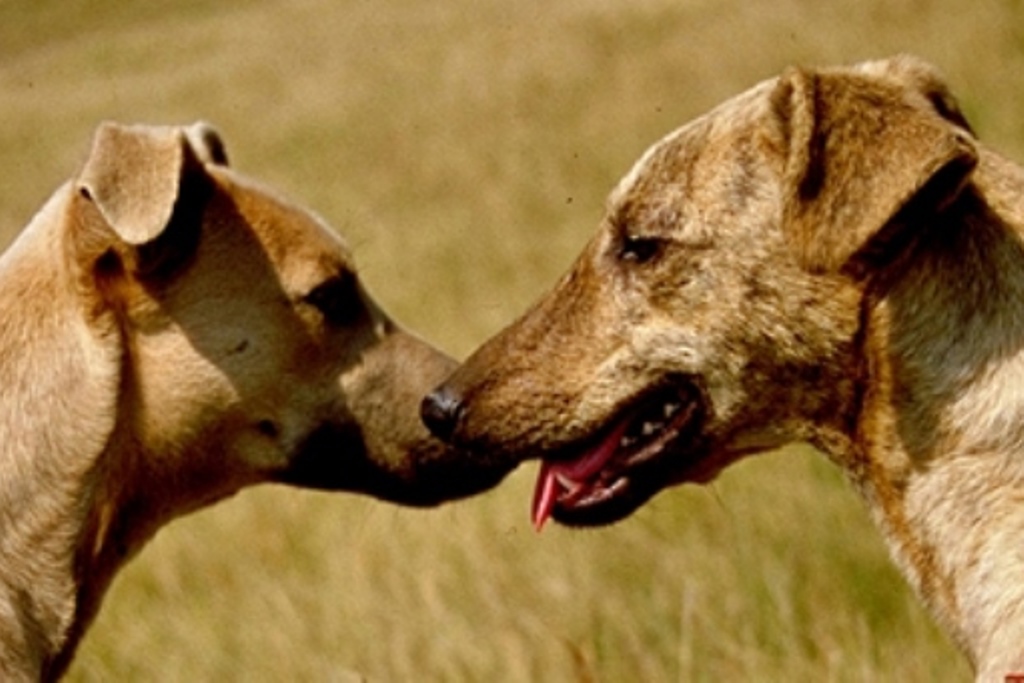
This dog has a tendency to gather in packs. When these packs are organised, they can undoubtedly contribute to village protection and hunting.
They are not always treated with due respect and incidents between packs of stray dogs and other animals or even humans are not uncommon. It is undoubtedly used as a watchdog and hunting dog even though hunting techniques have evolved, making the support of such a dog not as paramount as it once was.
Hunting as it is understood in the West should not be confused. In those places in antiquity a different kind of hunting took place with arrows and spears for the sole purpose of survival that has little in common with the modern hunting concept.
Africanis grooming
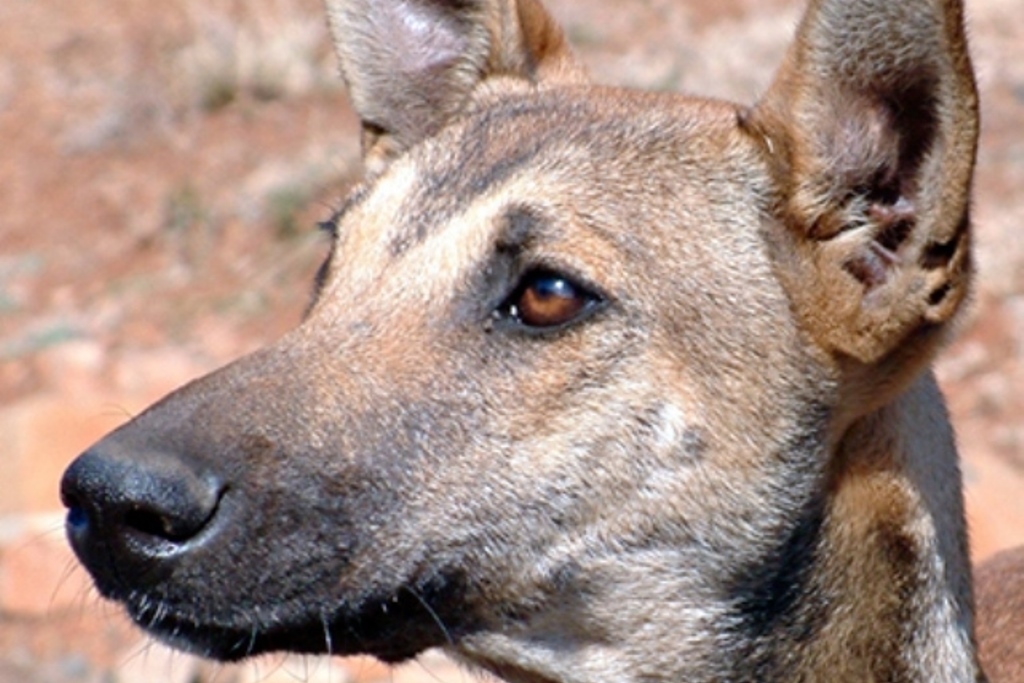
When I think of the grooming of this dog, I laugh. These are dogs that are used to grooming themselves by rolling in the dust and are very rarely let in the house. Let's say that normal hygiene is sufficient, but like many canines of this type, he should be perfectly capable of looking after himself.
Feeding Africanis
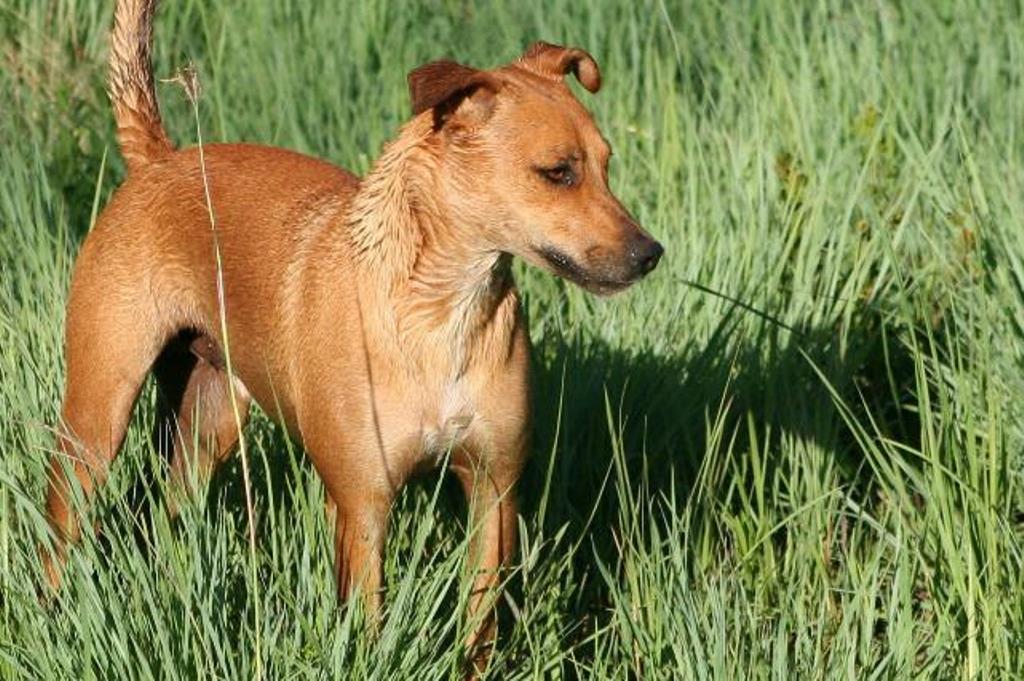
Most of these dogs survive on leftover food from humans because in the places where it is widespread and from where it originated, there is generally no money to maintain a dog, either in terms of vaccinations or feed.
It is not uncommon that it also eats rubbish, carrion or game. Like any adult dog, it should eat at least once or twice a day. It has no particular hypersensitivity to any type of food commonly used in canine nutrition.
Health Africanis
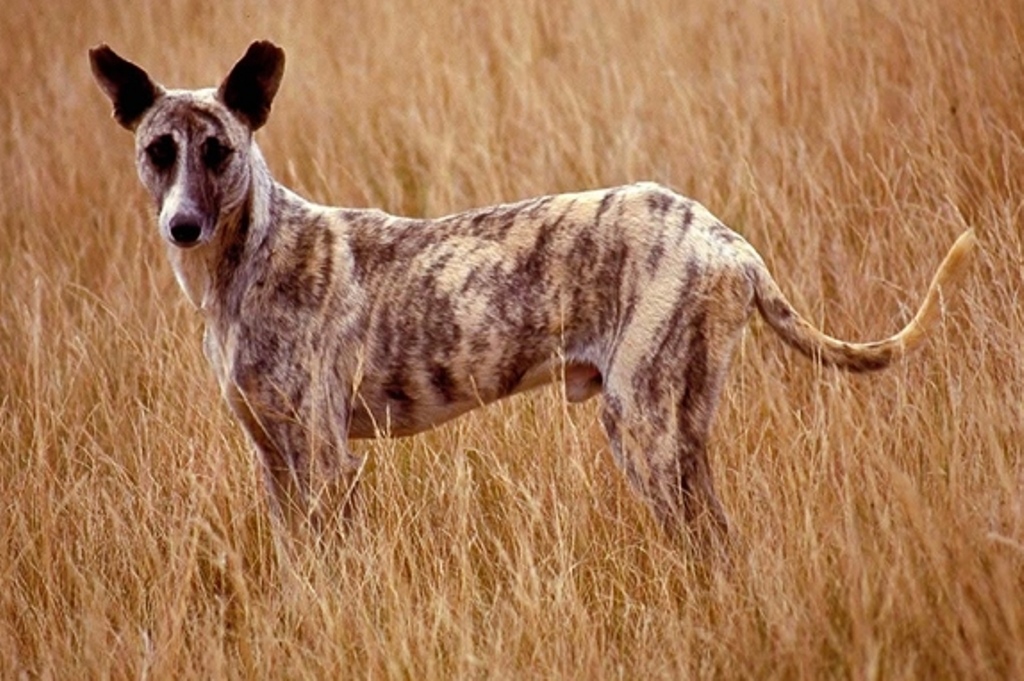
Without any doubt, the best breeder in the world has always been nature. Genuine natural selection and the almost total absence of targeted cross-breeding have resulted in an extremely resistant dog, particularly well adapted to its territory, immune to the most common diseases and defects typical of purebred dogs.
The africanis dog manages to survive where many purebred dogs would die. Many native owners of this dog, metaphorically speaking, do not even know what a vet is.
They are also naturally very resistant animals to internal and external parasites. It can therefore be said that they are much healthier and more resistant than the average dog, while remaining susceptible to all those factors that can affect any wild or domestic animal.


